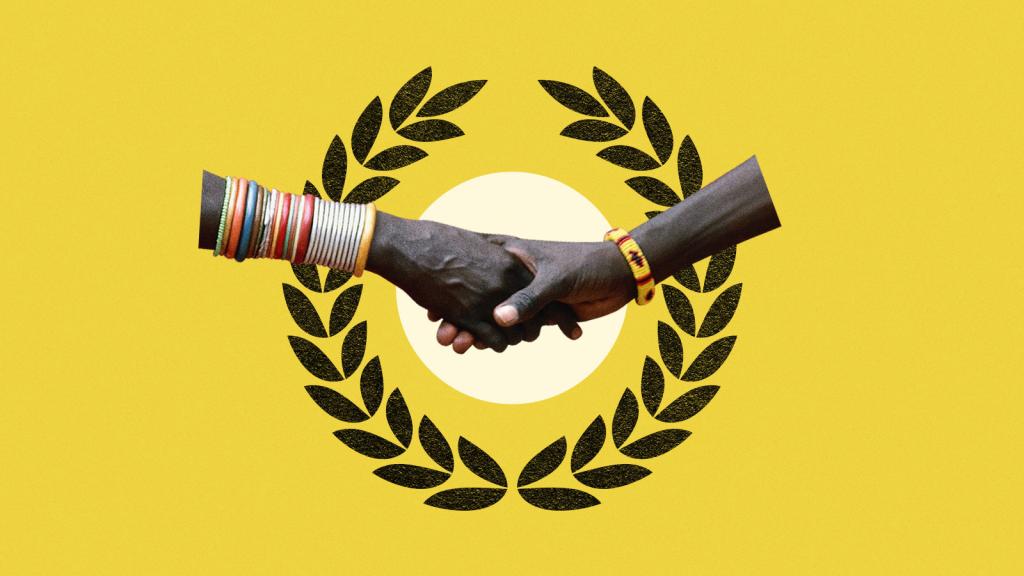Financial deregulation has obviously been a disaster. Perhaps we are entering a new era, one in which it is acceptable to talk about the positive actions that governments can take. A friend of mine, Bryn Barnard, has written about how government first stepped in to provide a minimally healthy environment — in a chapter about cholera in his book Outbreak: Plagues that changed history, and in a chapter about the Great Fire of London in his book, Dangerous Planet: Natural Disasters that changed history. He recently put his thoughts together to write the following about Britain in the 1830s.
—–
Taxes were low, the successful could pass on their estates pretty much intact to their heirs. A fraction of the population controlled most of the wealth. They had immaculate estates, but beyond their gates, the streets were potholed and awash with offal. Most services were private: water supply, fire protection, waste removal.
The problem with this system is that neither fire nor germs care whether one is rich or poor. Fire companies would only put out fires in the houses of their well-off insured, and with multiple competing fire companies, many conflagrations that could have been prevented were not. Fire prevention came to be considered a public good, the private companies were collectivized into the London municipal fire departments.
Water was also private then. London had five separate competing water companies. A single block could have each house with a different supplier. Some of these suppliers were getting their water from downriver, where the Thames was mostly sewage, and waterborne disease was rampant. Eventually the repeated waves of cholera that swept through London from the 1830s on (six in all) were traced to water. Cholera didn’t distinguish between rich and poor, successful or indolent. Like the law, with majestic equality, it killed everyone. Clean water came to be seen as a public good. The water supply was collectivized. That was bad for that era’s Culligan man, who, had he had the terminology probably would have railed against socialism, but with a single municipal water supply, health improved.
The man who championed public projects municipal water, improved sewers, clean paved streets for all classes was Edwin Chadwick, a government bureaucrat. He was castigated by members of Parliament for promoting “mawkish philanthropy.” But cholera and the host of other communicable diseases that killed the average poor person by 20, the middle class person by 35 and even the rich man by 45 proved a compelling convincer that a society provides services to everyone, rich and poor benefit.
The welfare state starts here. Several Health and Sanitation Acts were passed in the 1840s, 1850s, and 1860s. These eventually included public housing an improved public education, public parks and so on. Britain didn’t become a welfare state because rich people there are kindly bleeding hearts. They did so for selfish self interest. In a welfare state, they lived longer, better, and healthier. They still do.
My question is: do we want absolute freedom for freedom’s sake or do we want freedom leavened with some protections — protections made possible by taxation — that keep us collectively safer, healthier, stronger and that make life better for everyone, rich and poor? History suggests that when those services mentioned above and many others are delivered privately and competitively, the quality of life declines.
Is it better to be rich and keep all your money but die from a communicable disease, or pony up money for a public health system that you never use, but insures that the society whose air you breathe and water you drink is healthier? One could argue that perfect freedom makes for a perfect society, where we are each individual boats bobbing on the waves completely responsible for our own fates, but the historical evidence suggests otherwise.

